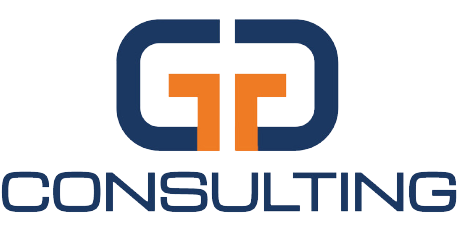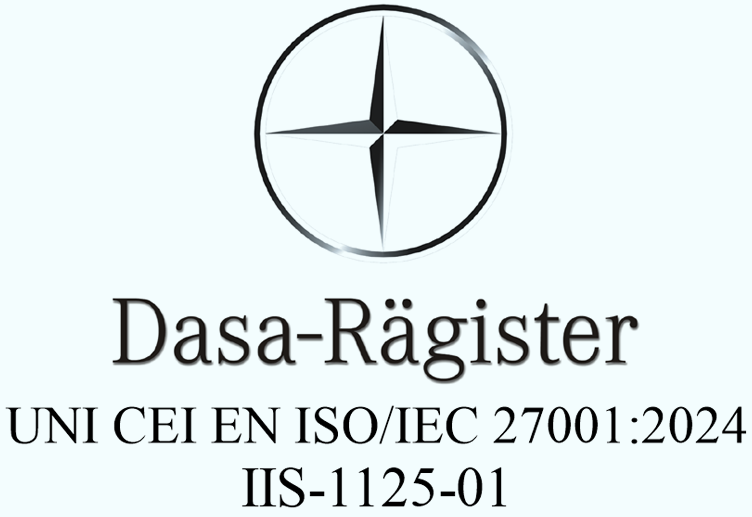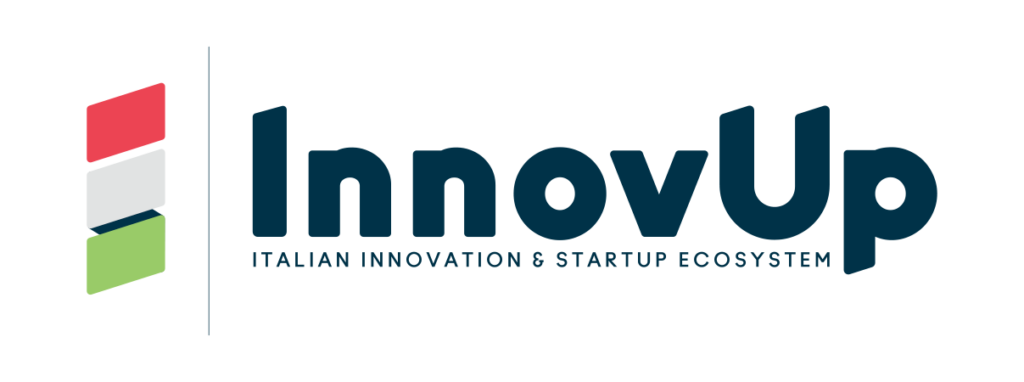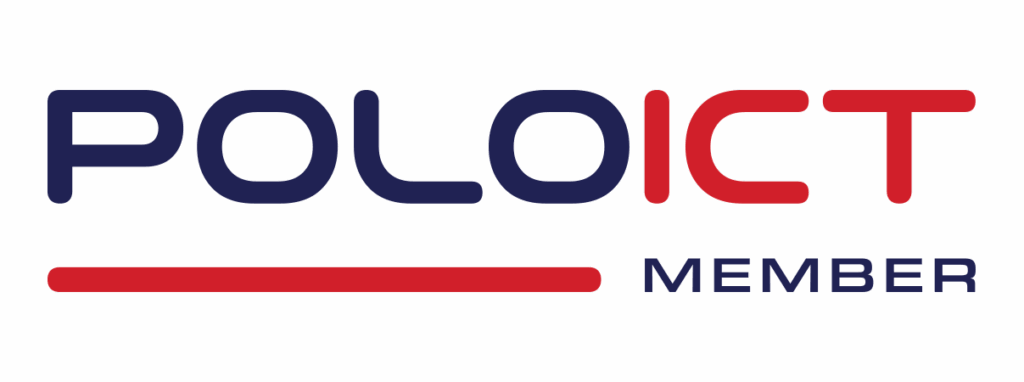The Digital Operational Resilience Act (DORA) officially came into force on January 17, 2025, bringing with it the most significant regulatory transformation in the European financial sector in recent years. This is not the usual bureaucratic requirement: DORA completely redefines how banks, insurance companies, and fintechs must approach security and digital resilience.
What Really Changes with DORA Digital Operational Resilience Act
For the first time, Europe is introducing a unified framework that involves over 22,000 financial entities and their critical ICT providers. The goal is ambitious: transform the sector from a reactive approach (“we cover losses with capital”) to a proactive one (“we prevent, detect, and recover from incidents”).
The regulation is structured around five fundamental pillars:
ICT Risk Management
Clear governance, documented strategies, and robust internal controls are no longer optional. Every organization must demonstrate full control over its technological ecosystem.Incident Management
Systematic classification, detailed recording, and prompt reporting to authorities. Incidents can no longer be managed “internally” if they exceed certain critical thresholds.Digital Resilience Testing
Regular vulnerability assessments, annual penetration tests, and for larger institutions, the dreaded TLPT (Threat-Led Penetration Testing) conducted by independent external parties.Third-Party ICT Provider Management
Possibly the most complex pillar: in-depth due diligence, specific contractual clauses, and direct oversight for providers classified as “critical” by European authorities.Information Sharing
Mandatory collaboration with authorities and participation in intelligence networks to share information on emerging threats.
The Problem with Traditional Cloud
Many institutions are discovering that traditional cloud solutions, while modern, present structural limitations for DORA Digital Operational Resilience Act compliance:
Single Point of Failure: The concentration of data in a few data centers creates systemic vulnerabilities
Vendor Lock-in: Critical dependency on individual providers limits operational flexibility
Limited Control: Poor transparency over the provider’s internal processes
Unpredictable Costs: Pricing can rise exponentially with increased usage
These factors directly conflict with DORA’s principles of resilience, control, and independence.
The Decentralized Cloud Revolution
This is where innovative technologies like Certiblok are changing the rules of the game. Decentralized cloud completely overturns the traditional paradigm:
Distributed Architecture
Instead of centralizing everything in a few data centers, each document is fragmented into dozens of encrypted parts and distributed across thousands of global nodes. Only the authorized user can reconstruct the original file.Intrinsic Resilience
No targeted attack or local failure can compromise the entire system. If one node is compromised, thousands of others keep the data safe.Total Control
Organizations maintain full control over their data without depending on the “goodwill” of third-party providers.Real Economies
Predictable and fixed costs, without surprises tied to volume growth or access demands.
Simplified DORA Compliance
Adopting decentralized solutions like Certiblok allows multiple DORA pillars to be addressed simultaneously:
Risk Management: The distributed architecture eliminates concentration risks by design
Resilience Testing: The decentralized nature guarantees continuity even during extreme stress tests
Vendor Management: Drastic reduction in dependency on critical ICT providers
Incident Management: Integrated monitoring systems
Native APIs also allow documentation to be automatically transferred from on-premise internal systems directly to Certiblok, ensuring a secure and automated document flow.
From Compliance to Competitive Advantage
DORA is not just a regulatory obligation: it’s an opportunity to modernize technological infrastructure and improve competitiveness. Organizations that embrace this transformation will gain:
Safer and more reliable services for clients
Reduction in medium-term IT operational costs
Greater agility in launching new digital products
Strengthened reputation in the market
The Time to Act Is Now
With the first compliance checks already underway, the time to adapt is rapidly running out. Penalties can reach up to 1% of global turnover, but the real risk is operational: those not compliant face service interruptions and loss of competitiveness.
The question is not whether to comply with DORA, but how to do so efficiently and strategically.
Decentralized technologies offer a concrete and innovative response to this challenge, turning a regulatory obligation into a growth opportunity.
Find out more at certiblok.com, or contact us for a personalized consultation, demo request, or free trial.
AND ARE YOU READY FOR DORA?
Fill out the form below to request the FREE Plan
or the full BUSINESS Plan for 30 days.
Funzioni










